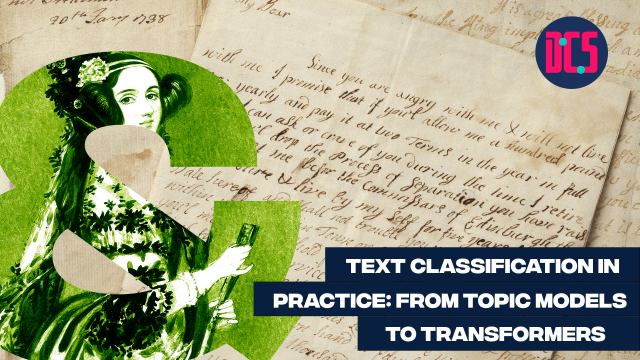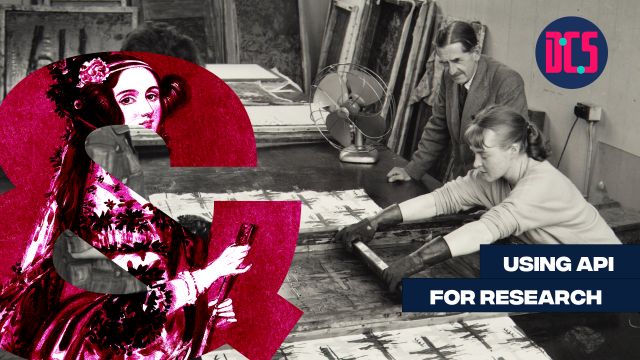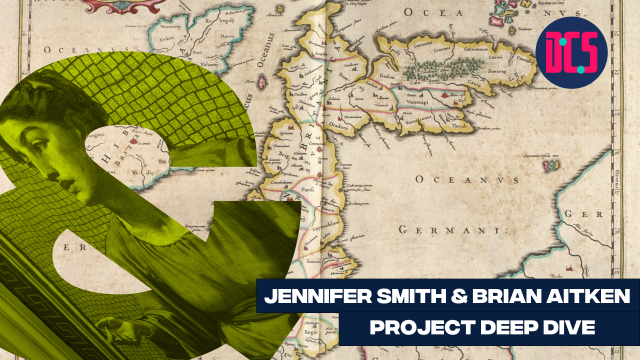Training: Relational Databases and SQL
*Please note change of venue*
- Venue on 2nd December: Room G.02, 21 George Square
- *Venue on 9th and 16th December: Digital Scholarship Centre, 6th floor, Main Library *
This 5-week course aims to give attendees an introductory overview of the principles of Relational Databases and how to use SQL to build or query databases.
The course is subdivided into two modules:
1) Relational Databases (2 weeks)
2) SQL Essential Training (3 weeks)
The course aims to cover the essential topics related to the design, construction and mining of relational databases. It is organised in weekly meetings of two hours. The classes will be a mix of video presentations and hands-on exercise. Additionally, the last 15-20 mins of class will be devoted to troubleshooting real project issues, so if you are already working on a database bring along your own work.
Learning objectives
Part 1: Relational Databases
- Identify the three rules of relations.
- Summarize the four stages of developing a relational database.
- Describe a strategy one might use to ensure a database remains flexible in terms of the questions a user can ask.
- Explain how to avoid scope creep.
- Recall the characteristics of a Lookup Table.
- Recognize situations in which denormalization would be beneficial.
- Understand the types of relationships modelled by junction tables.
- Define referential integrity.
Part 2: SQL essential
- Understanding SQL terminology and syntax
- Creating new tables
- Inserting and updating data
- Writing basic SQL queries
- Sorting and filtering
- Accessing related tables with JOIN
- Working with strings
- Understanding numeric types
- Using aggregate functions and transactions
- Automating data with triggers
- Creating views
- Defining functions in PHP
* Please ensure to bring your own laptop/device to course meetings *












